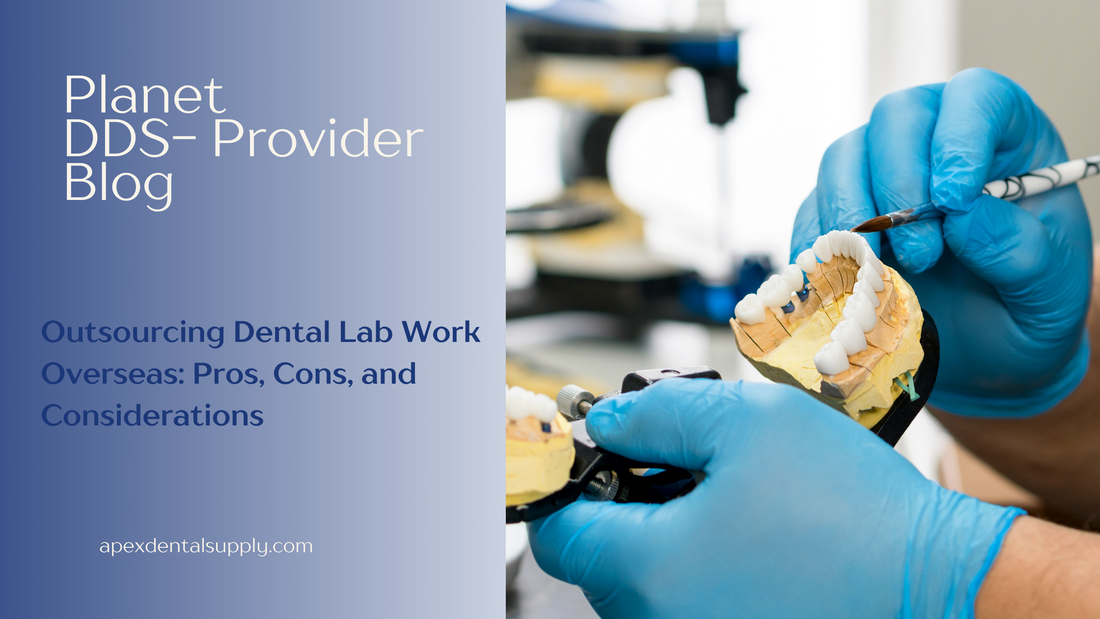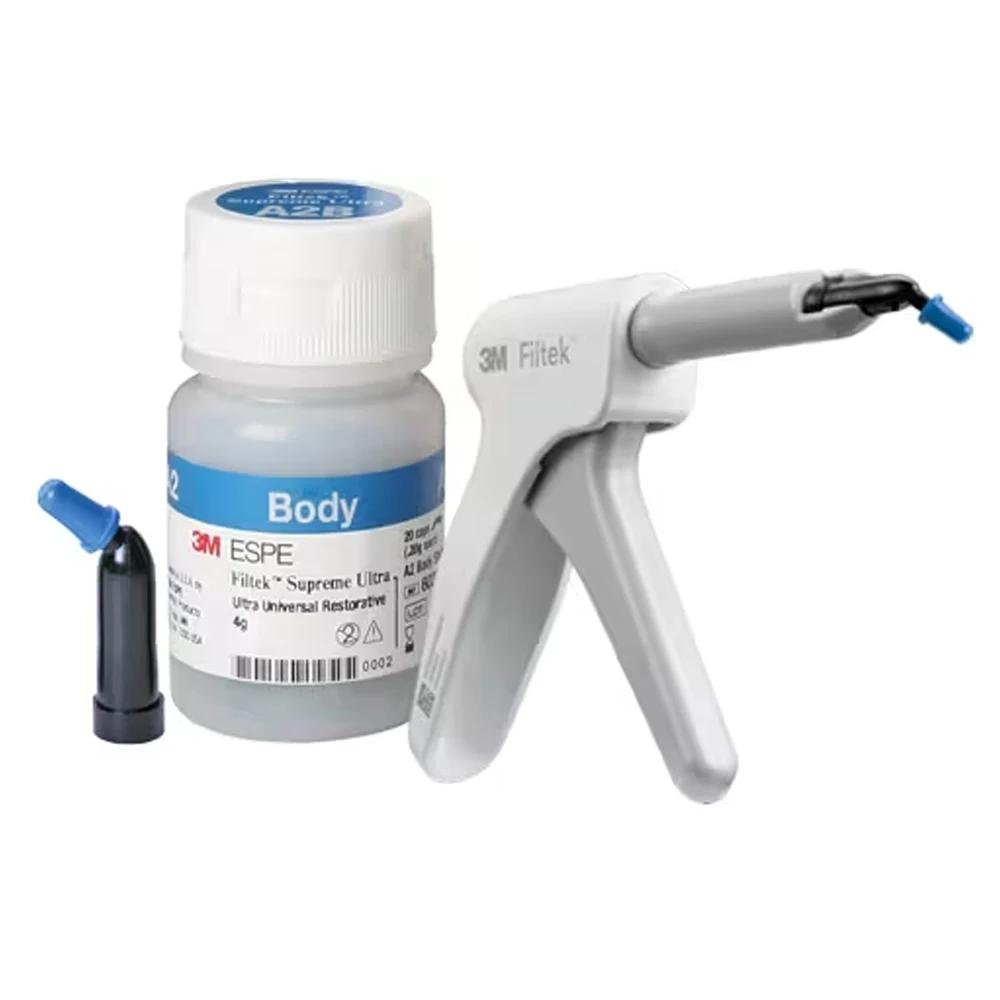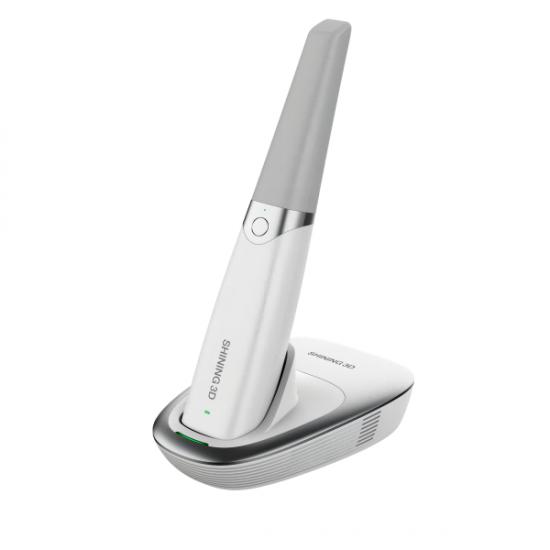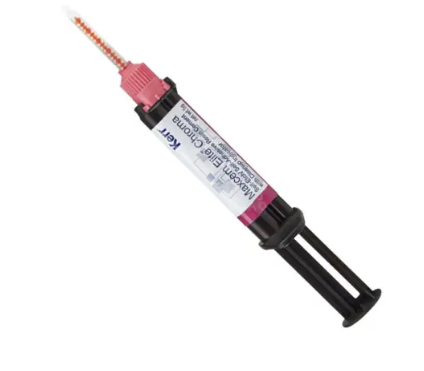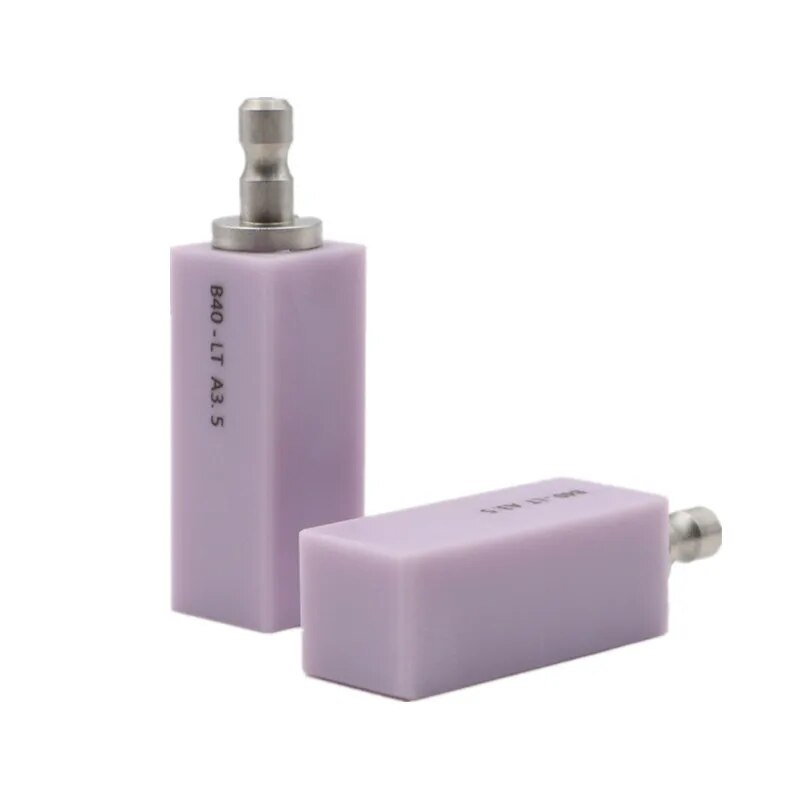In today's globalized economy, businesses in various industries are increasingly considering outsourcing as a strategic option to cut costs, expand capacity, and leverage specialized expertise. The dental industry is no exception, with many dental labs exploring the possibility of outsourcing their work overseas. However, like any business decision, this approach comes with its own set of advantages and challenges. Let's delve into the pros and cons of doing business with dental labs overseas.
Pros:
1. Cost Savings: One of the primary reasons businesses consider outsourcing dental lab work overseas is the potential for significant cost savings. Countries with lower labor and operational costs can offer competitive pricing, allowing dental labs to reduce their expenses and potentially increase their profit margins.2. Access to Specialized Expertise: Some regions have highly skilled dental technicians who offer specialized expertise in certain areas of dental lab work, such as CAD/CAM technology or specific prosthetic materials. Outsourcing to these locations can provide access to a talent pool that may not be readily available locally.
3. Expanded Capacity: By outsourcing certain tasks or projects to overseas dental labs, businesses can expand their capacity without investing in additional infrastructure or hiring more staff. This flexibility allows dental labs to manage fluctuations in demand more effectively and take on larger volumes of work when needed.
4. Focus on Core Competencies: Outsourcing non-core activities like dental lab work allows businesses to focus their resources and energy on core competencies such as patient care, research, or product development. This specialization can lead to improved efficiency and innovation within the organization.
5. Global Market Reach: Partnering with overseas dental labs can facilitate access to international markets and customers. This can be particularly advantageous for dental businesses looking to expand their presence globally or serve patients in different geographical regions.
Cons:
1. Quality Control Challenges: Maintaining consistent quality standards can be a significant challenge when outsourcing dental lab work overseas. Differences in regulatory requirements, language barriers, and cultural differences may contribute to variations in quality, which can impact patient satisfaction and the reputation of the dental practice.
2. Communication Barriers: Effective communication is essential for successful collaboration between dental labs and their clients. Time zone differences, language barriers, and cultural nuances can sometimes hinder clear communication, leading to misunderstandings, delays, and errors in the work produced.
3. Shipping and Logistics Issues: Outsourcing dental lab work overseas involves shipping dental impressions, models, and finished products across long distances. Delays, damage during transit, and customs clearance issues can disrupt workflow and lead to additional costs and complications.
4. Intellectual Property Concerns: Sharing sensitive patient data, proprietary designs, and intellectual property with overseas partners raises concerns about data security and confidentiality. Dental labs must ensure that proper safeguards and legal agreements are in place to protect their intellectual property rights and patient privacy.
5. Risk of Dependency: Overreliance on overseas dental labs for critical services can pose risks to the stability and resilience of the dental practice. Changes in geopolitical conditions, economic fluctuations, or disruptions in supply chains may impact the availability and reliability of overseas partners, potentially jeopardizing business operations.
Outsourcing dental lab work overseas offers both opportunities and challenges for dental practices and laboratories. While cost savings, access to specialized expertise, and expanded capacity are attractive benefits, concerns about quality control, communication barriers, and logistical challenges must be carefully considered and managed. Ultimately, the decision to outsource dental lab work should be based on a thorough assessment of the specific needs, priorities, and risks of the dental business, balanced against the potential benefits of offshore partnerships.

